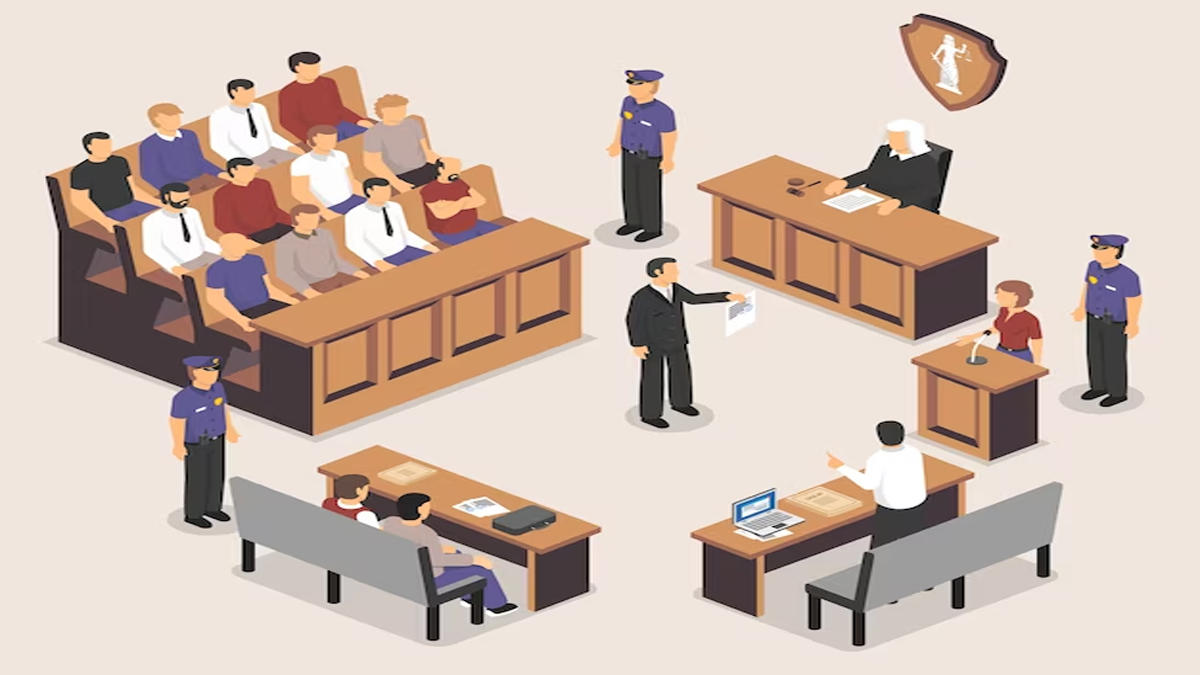When it comes to jury selection and trial procedures, social media has introduced new challenges and considerations that can affect the fairness and integrity of the process.
- Pre-trial research and jury vetting:
Attorneys and litigants now have easy access to information about potential jurors through social media platforms. They can search for jurors’ online profiles, posts, and interactions, which can provide insights into their personal beliefs, biases, or potential prejudices. This can be both advantageous and problematic. On one hand, it allows attorneys to make more informed decisions during jury selection, identifying potential bias or conflicts of interest. On the other hand, it can lead to biased or discriminatory exclusion of jurors based on their online activities or affiliations. - Juror misconduct and influence:
Jurors’ use of social media during trials has become a significant concern. Despite instructions from judges to refrain from discussing the case or researching it outside the courtroom, jurors may be tempted to share their experiences, opinions, or even details about ongoing proceedings on social media platforms. This can potentially compromise the integrity of the trial, as external influences or biases may seep into jurors’ decision-making process. Additionally, jurors may inadvertently come across information related to the case on social media, leading to unfair judgments or premature conclusions. - Public opinion and trial publicity:
Social media platforms serve as powerful channels for disseminating information and shaping public opinion. High-profile cases can quickly gain attention and generate widespread discussions on social media, potentially influencing public perception and attitudes towards the case. This increased exposure may make it challenging to find impartial jurors who have not been influenced by the extensive media coverage or the opinions expressed on social media platforms. The challenge lies in ensuring that potential jurors have not been unduly influenced by such external factors. - Witness credibility and privacy concerns:
Social media platforms can be used to investigate and assess the credibility of witnesses. Attorneys may scrutinize witnesses’ online activities to uncover potential contradictions or inconsistencies in their testimony. However, this practice can also raise concerns about invasion of privacy or the manipulation of information obtained from social media profiles, potentially leading to unfair characterizations or judgments.
To address these challenges, courts have implemented various measures to mitigate the impact of social media during jury selection and trial procedures. Judges may issue specific instructions to jurors regarding the use of social media, reminding them of their obligations and the potential consequences of misconduct. Additionally, attorneys may be subject to stricter guidelines when researching potential jurors on social media to prevent biased exclusion. Courts can also monitor and regulate media coverage and social media discussions to reduce the potential for prejudicial influences.
Overall, social media’s impact on jury selection and trial procedures is a complex issue. While it offers new opportunities for research and information gathering, it also presents challenges related to juror bias, misconduct, and the potential influence of public opinion. Balancing the benefits and risks of social media in the courtroom is crucial to uphold the principles of fairness and impartiality in the legal system.
